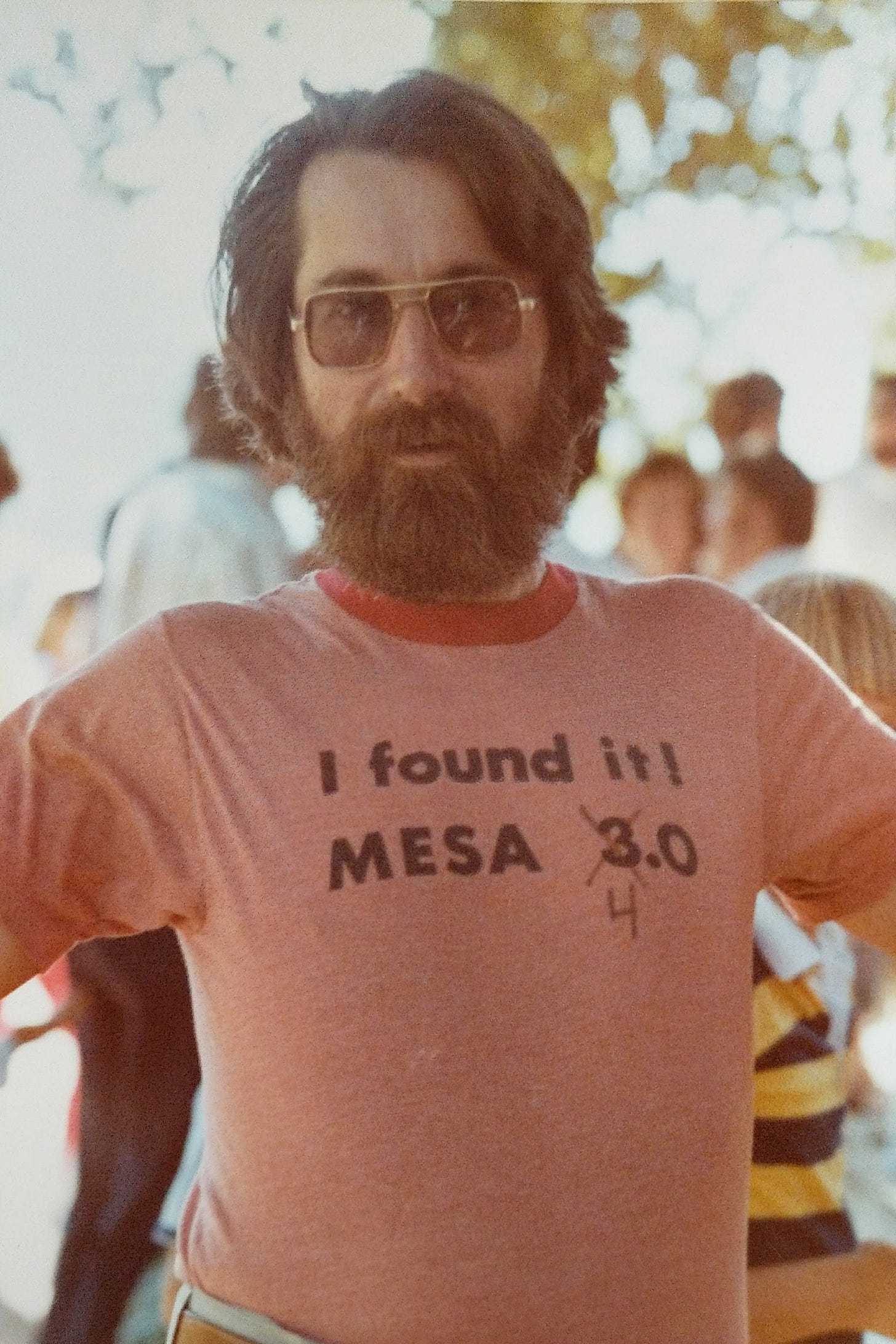In Chapter 18, Janet breaks the news to Dan, her old buddy from Xerox: she wasn’t managing anymore. Dan tells her she should go to the Thursday lunch at Gordon-Biersch sometime, where a bunch of their old friends meet.
Dan, of course, is me, and I was working at Oracle at the time, for the late Smokey Wallace
and he did host a weekly lunch at G-B. Smokey …


